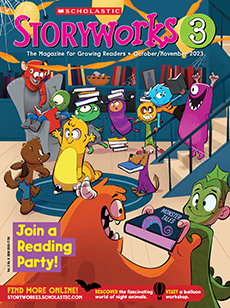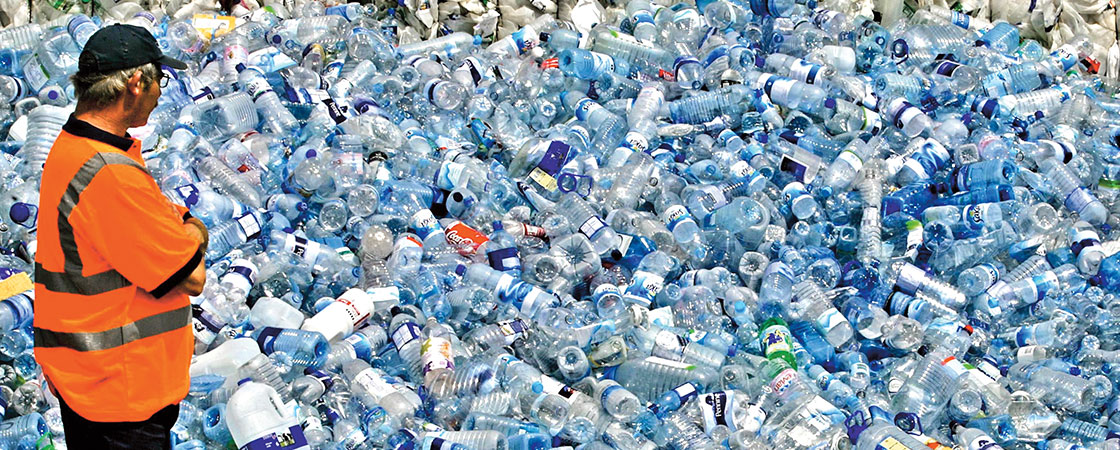Guess how many bottles of water Americans buy every year?
Nearly 100 billion.
Stack those up, and you could make a tower that stretches from Earth to the moon—60 times!
Why do we love bottled water so much? It’s so easy. You just grab it and go. Then you toss the bottle when you’re done. And it’s healthy, compared with sugary sodas and sports drinks.
But there’s more to the story. Let’s soak it all in.
Guess how many bottles of water Americans buy every year?
Almost 100 billion.
Stack those up, and you could make a tower that stretches from Earth to the moon—60 times!
Why do we love bottled water so much? It’s so easy. You just grab it and go. Then you throw out the bottle when you’re done. And it’s healthier than sugary sodas and sports drinks.
But there’s more to the story.

